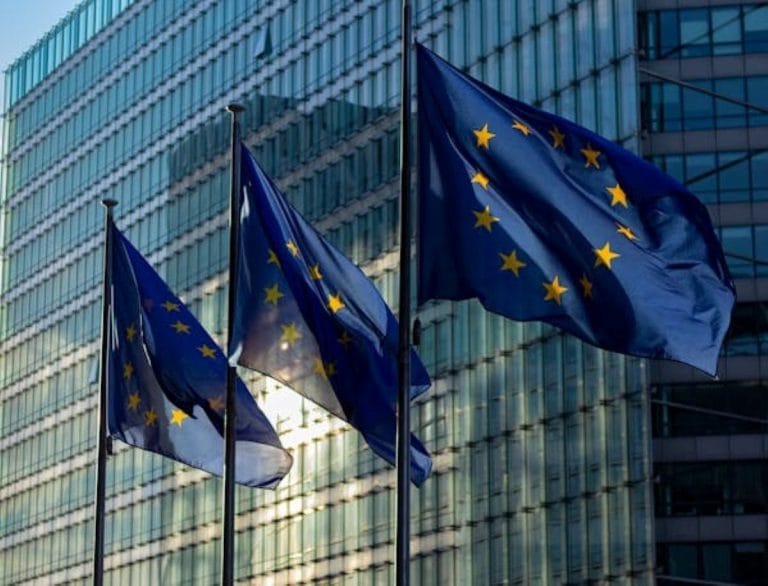🎧 Listen to This Article
The European Union has announced significant updates to its list of high-risk jurisdictions for anti-money laundering (AML) and counter-terrorist financing (CTF), signaling shifts in the global financial crime landscape. Effective June 10, 2025, Kenya and Monaco have been added to the EU’s blocklist, while eight countries, including the United Arab Emirates (UAE) and the Philippines, have been removed following improvements in their regulatory frameworks.
Understanding the EU’s High-Risk Jurisdiction List
The EU’s list identifies countries with strategic deficiencies in their AML and CTF regimes that pose elevated risks to the financial system. Being listed means enhanced due diligence obligations for EU financial institutions and businesses conducting transactions involving these countries. The goal is to prevent illicit funds from entering or moving through the EU financial system, thereby protecting economic integrity and national security.
Why Kenya and Monaco Are Now Listed
Kenya’s inclusion reflects ongoing concerns about vulnerabilities in its financial sector. Despite regulatory advancements, challenges persist in combating money laundering, terrorist financing, and corruption. Issues such as weak oversight in specific industries and difficulties in prosecuting financial crimes remain key risk factors.
Monaco, long known as a private banking haven, faces scrutiny over its financial transparency and compliance with international AML standards. The EU’s decision underscores the need for further reforms to deter illicit actors’ misuse of its economic system.
Positive Developments Lead to UAE’s Removal
The removal of the UAE and the Philippines from the list is a strong endorsement of their efforts to strengthen AML and CTF frameworks. The UAE, a crucial global financial and trade hub, has implemented enhanced regulatory standards, increased transparency, and improved cooperation with international bodies, which the EU acknowledged.
This delisting is expected to ease compliance burdens on businesses and financial institutions dealing with the UAE and improve investment and trade flows.
What This Means for Businesses and Investors
- Enhanced Compliance Requirements: Entities operating with Kenya and Monaco must intensify their due diligence, including stricter customer verification and transaction monitoring. Failure to comply can result in legal penalties and reputational damage.
- Potential Transaction Delays: Increased scrutiny may lead to longer processing times for cross-border payments or investments involving the newly listed countries.
- Opportunities in Delisted Jurisdictions: Businesses engaging with the UAE and the Philippines may experience fewer restrictions, potentially lowering operational costs and simplifying regulatory compliance.
Expert Perspective
Our team of international tax specialists and financial crime experts highlights that such list updates reflect the dynamic nature of global economic risk management. Companies should view these changes as an opportunity to reassess and strengthen their AML and CTF policies. Staying ahead of regulatory shifts is essential to safeguard operations and ensure sustainable growth in an increasingly complex global market.
Conclusion
The EU’s revision of its high-risk jurisdiction list reaffirms its commitment to combating financial crime globally. Understanding and adapting to these changes is critical for multinational corporations, financial institutions, and investors. Enhanced vigilance and compliance are key to navigating the evolving regulatory landscape and mitigating exposure to financial crime risks.
For further details, clarification, contributions, or any concerns regarding this article, please contact us at editorial@tax.news. We value your feedback and are committed to providing accurate and timely information. Please note that our privacy policy will handle all inquiries.



